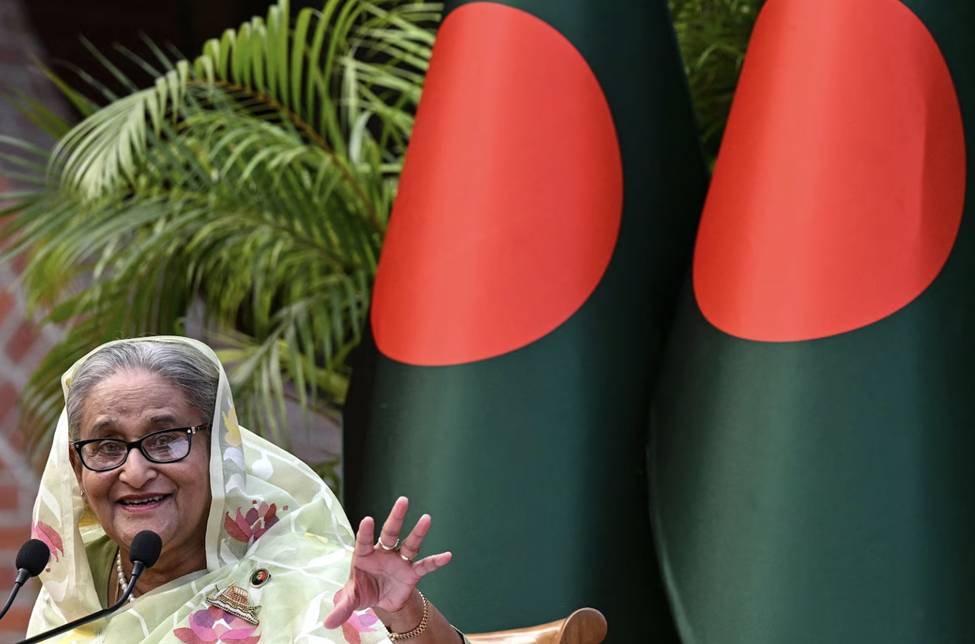Imagine waking up to the news that your country’s most powerful leader—the one who has ruled for over two decades, suddenly resigned and left the nation overnight. That’s exactly what happened on the 5th of August 2024, when Bangladesh’s Prime Minister Sheikh Hasina stepped down and fled after weeks of youth-led protests (PBS NewsHour, 2024). For many, it felt like the ground shifted. A leader once seen as untouchable was gone, and it was students and ordinary citizens who pushed her out.
The protests started with something that might sound small to outsiders: a demand to reform the government’s job quota system. But for young Bangladeshis, this wasn’t small at all. The policy gave a large share of government jobs to descendants of independence fighters, leaving millions of qualified graduates feeling locked out of opportunities. When students spoke up, they weren’t just asking for fair hiring, but they were asking for a future (PBS NewsHour, 2024). And when the government tried to silence them with violence, the movement only grew stronger.
This is where the human side matters most. For kids and teens, the protests weren’t just background noise, they disrupted school, filled neighborhoods with fear, and left families uncertain about safety. Yet, within that fear was also empowerment. Young people, including many girls and women, stood at the center of marches, chanting for justice. It showed an entire generation that their voices are not too small, that they can demand something better, even when the cost is high.
Globally, this moment forces us to think about what “progress” really means. Bangladesh has been praised for its economic growth and for lifting millions out of poverty. But if growth doesn’t come with fairness, freedom, and accountability, it crumbles under pressure. When Hasina fled, the message was loud: development without justice cannot last (PBS NewsHour, 2024). For students everywhere, this should feel personal, because the same question applies in every country. Who gets access to opportunity, and who gets left behind?
Now, Bangladesh faces a test. An interim government led by Nobel Peace Prize winner Muhammad Yunus has stepped in to stabilize the nation and prepare for new elections (PBS NewsHour, 2024). The world is watching to see if this becomes a turning point or just another cycle of broken promises. But one thing is already clear: it was students, not politicians, who sparked this change. Their courage proved that when young people raise their voices together, even the most powerful can fall.

